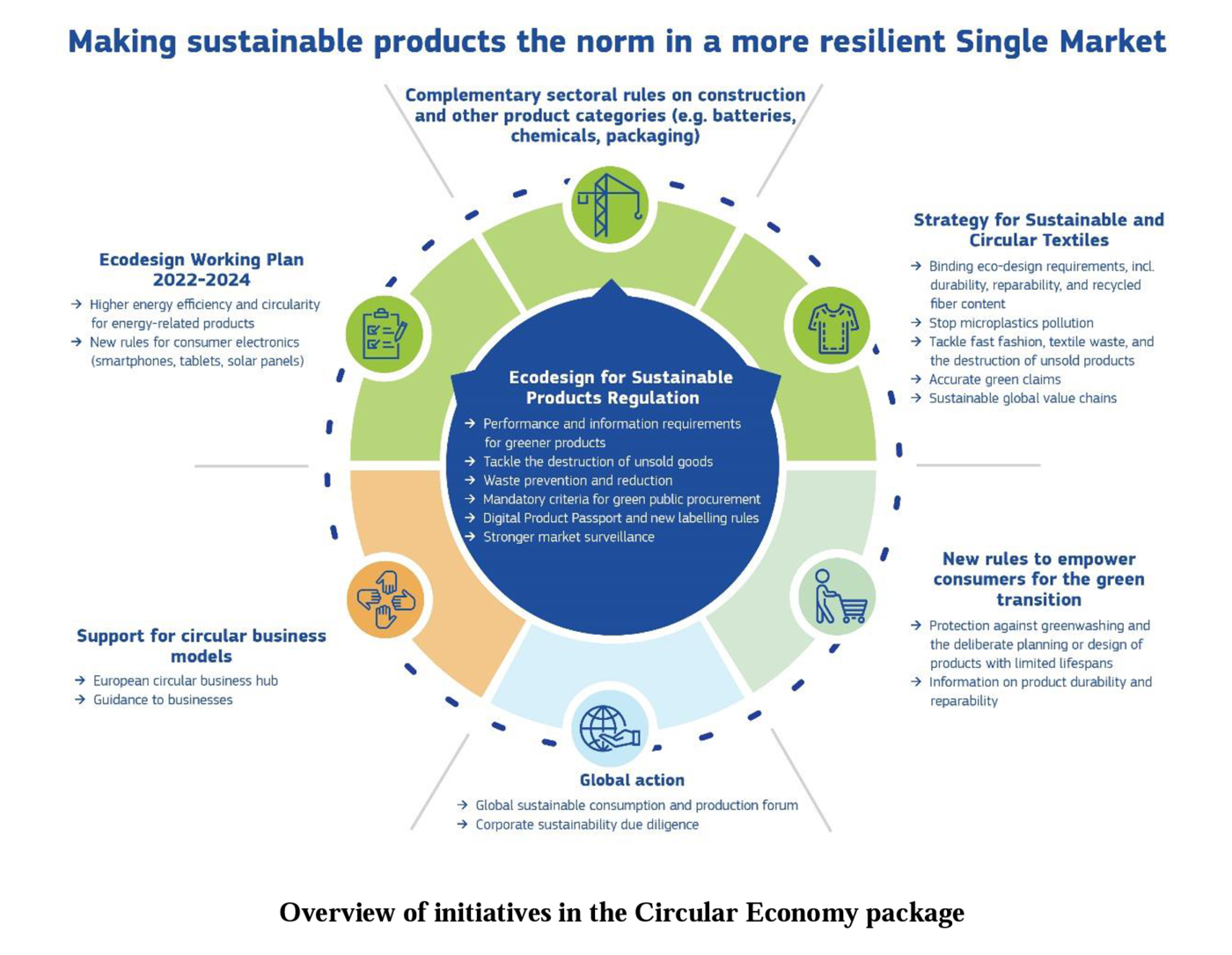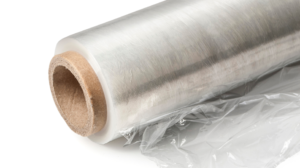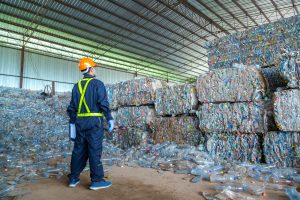- Policy
- Government
- Facts & Stats
- Plastic Pollution
- National
- International
The Landmark EU Green Deal’s 2022 Ecodesign Requirements for Products are Currently Under Development
EU Green Deal: New regulatory proposals to make sustainable circular products the norm while boosting Europe’s resource independence is the cornerstone of the EU Commission’s approach to sustainable production and consumption.
The EU Green Deal is a package of European proposals to make sustainable products the norm in the EU, boost circular business models and empower consumers for the green transition. Linked to the New Circular Economy Action Plan, the Commission is proposing new rules to make almost all physical goods on the EU market more friendly to the environment, circular, and energy efficient throughout their whole lifecycle from the design phase through to daily use, repurposing and end-of-life.
A new regulatory proposal, Ecodesign for Sustainable Products Regulation, published on 30 March 2022, is the cornerstone of the EU Commission’s approach to more environmentally sustainable and circular products. The proposal builds on the existing Ecodesign Directive, which currently only covers energy-related products. The proposal establishes a framework to set ecodesign requirements for specific product groups to significantly improve their circularity, energy performance and other environmental sustainability aspects. It will enable the setting of performance and information requirements for almost all categories of physical goods placed on the EU market, and for groups of products that share sufficient common characteristics, the framework will also allow to set horizontal rules. The framework will allow for the setting of a wide range of requirements, including with respect to:
- Product durability, reusability, upgradability and reparability
- Presence of substances in products that inhibit circularity
- Energy and resource efficiency
- Recycled content
- Remanufacturing and recycling
- Carbon and environmental footprints, and
- Information requirements, including a Digital Product Passport
The new “Digital Product Passport” will provide information about products’ environmental sustainability. It should help consumers and businesses make informed choices when purchasing products, facilitate repairs and recycling and improve transparency about products’ life cycle impacts on the environment. The product passport should also help public authorities to better perform product reviews. The Green Deal is multi-faceted, it also includes specific proposals to enhance circularity from the textiles and construction sectors, which have also been identified as sectors that contribute to waste production, and both sectors include plastics in their products.
The proposals build on the success of EU’s existing Ecodesign rules, with the proposal for the new Ecodesign regulation including new requirements to make products durable, reliable, reusable, upgradable, reparable, easier to maintain, refurbish and recycle, as well as being energy and resource efficient. The Digital Product Passports will make it easier to repair or recycle products and facilitate tracking substances of concern along the supply chain. Labelling can be introduced as well. The proposal also contains measures to end the destruction of unsold consumer goods, as well as expand green public procurement and provide incentives for sustainable products.
The EU Green Deal presents the tools to move to a truly circular economy in the EU: decoupled from energy- and resource dependencies, more resilient to external shocks and respectful of nature.
Investments from the NextGeneration EU Recovery Plan will finance the European Green Deal.
Overview of the Ecodesign for Sustainable Products Regulation

Click here to view a larger version of the above infographic.
Infographic text follows:
Making sustainable products the norm in a more resilient Single Market
Ecodesign for Sustainable Products Regulation
- Performance and information requirements for greener products
- Tackle the destruction of unsold goods
- Waste prevention and reduction
- Mandatory criteria for green public procurement
- Digital Product Passport and new labelling rules
- Stronger market surveillance
Complimentary sectoral rules on construction and other product categories (e.g. batteries, chemicals, packaging)
Strategy for Sustainable and Circular Textiles
- Binding eco-design requirements, including durability, reparability, and recycled fiber content
- Stop microplastics pollution
- Tackle fast fashion, textile waste, and the destruction of unsold products
- Accurate green claims
- Sustainable global value chains
- New rules to empower consumers for the green transition
- Protection against greenwashing and the deliberate planning or design of products with limited lifespans
- Information on product durability and reparability
Global action
- Global sustainable consumption and production forum
- Corporate sustainability due diligence
Support for circular business models
- European circular business hub
- Guidance to businesses
Ecodesign Working Plan 2022-2024
- Higher energy efficiency and circularity for energy-related products
- New rules for consumer electronics (smartphones, tablets, solar panels)
URLs
European Commission Green Deal
Ecodesign for Sustainable Products Regulation, published on 30 March 2022



